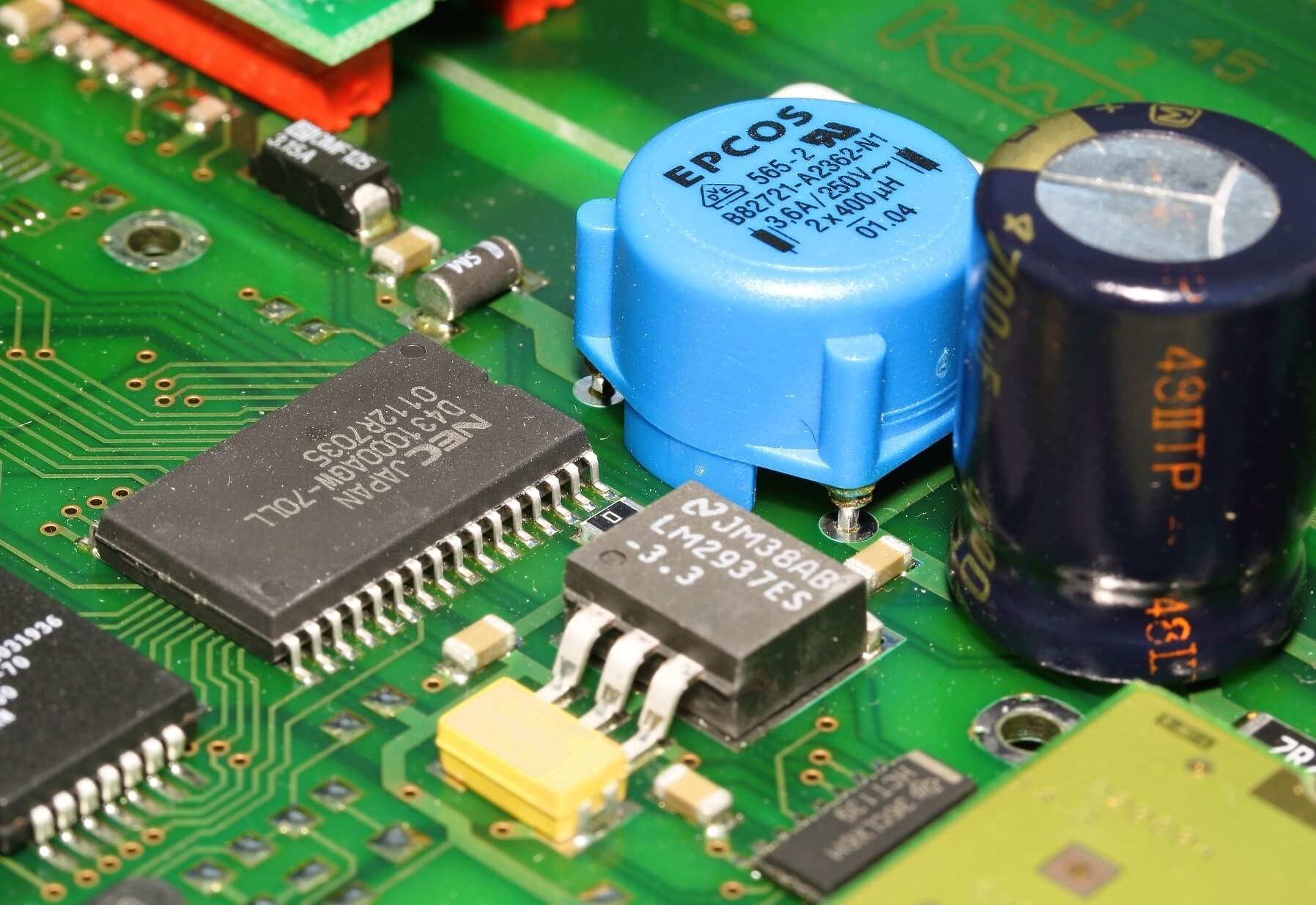In this post, we will see the use of ultrapure water in the semiconductor industry.
Semiconductors are a very important part of our life. Daily use devices from small ones like headphones to mobiles to laptops to controllers used in automobiles; any electronic equipment cannot function without a semiconductor.

They are the heart of any electronic device. It is important to know that there are only a handful of manufacturers in the world who deal in its making.
It requires a very finest level of accuracy in making a wafer chip; even a nano mistake can make it a waste. Semiconductors require a huge amount of pure water, or you can say even ultrapure water in their manufacturing.
For general knowledge, it must be known that a standard 30cm. wafer chip requires 2200 gallons of water (1 gallon is approximately equal to 4 liters).
So, you can imagine the amount of water to manufacture chips in bulk daily. And the most important; is not just water, it is ultrapure water.
With such a high level of purity, the amount of impure or wastewater generated during manufacturing is also a large quantity.
This wastewater is very toxic due to the presence of heavy metals and toxic solvents, and it is almost impossible to treat such water with 0% purity output.
So, apart from manufacturing a chip, dealing with water is also a major challenge and technology in this industry.
Let us first understand clearly why such a high amount of pure water is required in manufacturing a silicon wafer chip. A semiconductor contains a number of transistors and other power electronic devices.
Semiconductors are built-in layers on silicon wafers into integrated circuits. It is important to know that after each one of several dozen layers of semiconductors are added to a silicon wafer, it must be rinsed and cleaned properly to remove waste (ions, particles, silica, TOC, dissolved oxygen) from it. This prevents chips from getting contaminated. Even a minute layer of impurity can make the chip unusable.
Ultrapure water is produced through many critical stages of water treatment. In general, let us consider the steps commonly used everywhere.
The first stage starts with the pre-treatment process. Here, raw water is passed through filter stages like MMF (Mixed Media filter), ACF (Activated Carbon filter), and Softener, and then passes through RO (Reverse Osmosis).
The second stage consists again of the 2nd pass RO system. The output from this RO is passed to a UV lamp where residual ozone is destroyed.
Then follows processes of vacuum de-aeration, passing water through mixed beds, resin regeneration, etc.
Finally, in the third stage, water is distributed to various points where pure water is required. Before reaching the final points, water again passes through UV oxidation, polishing mixed beds and degasifier.
The final output is very pure and contains very minute particles, which are mostly negligible and will not harm the chips (less than 1 particle>0.05uM per mL).
As discussed earlier, wastewater generated from purification stages needs to be treated before disposing it off in the drains. So, effluent treatment systems are then used to treat wastewater.
The chip industry demands the purest form of water for cleaning chips and an equal amount of treatment for wastewater. Any malfunction in both these processes can make the industry unusable.
If you liked this article, then please subscribe to our YouTube Channel for Electrical, Electronics, Instrumentation, PLC, and SCADA video tutorials.
You can also follow us on Facebook and Twitter to receive daily updates.
Read Next:
Learn the example of flip-flop PLC program for lamps application using the ladder logic to…
In this article, you will learn the STAR DELTA programming using PLC controller to start…
Lube oil consoles of rotary equipment packages in industrial process plants are usually equipped with…
Rotating equipment packages such as pumps, compressors, turbines need the lube oil consoles for their…
This article explains how to blink lights in ladder logic with a detailed explanation video…
In this article, a simple example will teach you the conversion from Boolean algebra to…